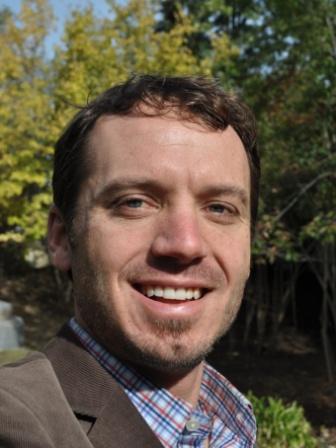 Denver Hinds, R&D Project Manager at SMUD, answers several industry questions prior to the 2016 Smart Energy Summit, taking place February 22-24 in Austin:
Denver Hinds, R&D Project Manager at SMUD, answers several industry questions prior to the 2016 Smart Energy Summit, taking place February 22-24 in Austin:
What do you think is the most challenging issue for your company as it relates to the residential energy management market?
Determining fair and flexible compensation and automation mechanisms to transfer value for energy services that benefit both the individual and the community of grid users.
What are the major challenges that your business must address in 2016? In 2020?
2016: Transitioning to a more nimble, innovative, value based business model in order to keep pace with the speed of changing customer expectations due to advancing technology and climate concerns. The transition cannot however come at the cost of maintaining reliable, safe and fairly priced electric service.
2020: Adaptation to uncertain regulatory outcomes regarding the valuation and adoption of distributed energy resources. State mandates for renewable energy production, net metering tariffs, energy efficiency, demand response markets, zero net energy buildings, and a decorbonized transportation sector all represent major potential impact to utility business models. Utility planning and operations will need to become more adaptable to continuously evolving policy and customer needs.
What are the major barriers impacting consumer adoption of energy related products and services?
Energy is a relatively simple and affordable service for many utility customers and one for which few mainstream alternatives exist. Decreasing costs and increasing availability of innovative energy technologies will create new energy challenges and solutions. The entire energy community will have to work together to unlock new value through innovative products and services in order to create a cleaner and more efficient energy ecosystem.
What are the biggest opportunities for the smart home industry to work with the electricity industry?
Through advancement of open communication standards and interoperatiblity of dynamic energy signal interfaces the electricity and smart home industries can collaborate to provide simple customer value streams through innovative automation. This will take some iterations of both technology and business development cycles to achieve. It is important that we collaborate now in order to learn how to achieve the common goals of creating products and services that improve our shared customers' energy experience rather than unnecessarily complicating it with new technology.
What impact will smart products and smart home services have on consumer adoption of energy solutions?
They can and should have a huge impact. Energy is not an end use, but an enabler of end use products and services. Consumers would prefer for their energy service to go unnoticed by remaining inexpensive, simple and reliable. Emergent energy solutions that put those core needs first and then expand value by enabling increasingly clean and customizable service will appeal to mainstream consumer values.
Denver Hinds will be speaking on the panel session "Integrating Smart Products and Consumer IoT into Utility Programs" on Tuesday, February 23 at 3:00pm. Other speakers confirmed for the session include ERCOT, NEEP, Nest, and WeMo/Belkin.
For more information on how to get involved in this or future Smart Energy Summit conferences, visit www.ses2016.com.

